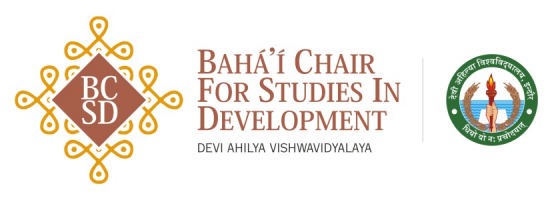
Webinar on ‘Reassessing the Place of the Informal Sector in India’s Development Story’
January 24, 2024
Book Launch and Panel Discussion on ‘Hope and Resilience: The Application of Spiritual Principles to Community Life’
January 24, 202423 AUGUST 2022
UN projections show global population reaching 11 billion—and the world economy growing by 500%—by the end of this century. But can the planet accommodate more than 3 billion additional people and a five-fold economic expansion when humanity’s current ecological footprint already exceeds the Earth’s biocapacity by 60 percent? Of special concern is the growing demand for food and the problem of sustaining agricultural resources. In this lecture Mr. Hanley argues that solving this conundrum will require an ethical revolution that will wholly transform humankind, reshaping its inner life and external conditions. This process will result in the emergence of a new culture, a new agriculture, and ultimately a new human race. This is neither a utopian vision, nor even a matter of choice. It is the next, inescapable stage in human evolution. Examples such as the story of the model farming village of Adasiyyah in Jordan, show how ground-breaking efforts by individuals, communities, and institutions can advance this evolutionary shift.
Click here for the background note.
Event Highlights Photos

About the speaker:
Paul Hanley is a recipient of the Canadian Environment Award, the Meewasin Conservation Award, the Organic Connections Pioneer Organic Communicator Award, and the Saskatchewan Sustainability Award from the Regional Centre of Excellence for Education on Sustainable Development. He is also a recipient of the Food System 2050 Vision Prize from the Rockefeller Foundation for kwayēskastasowin wâhkôhtowin, a food system vision for the Canadian Prairies.

